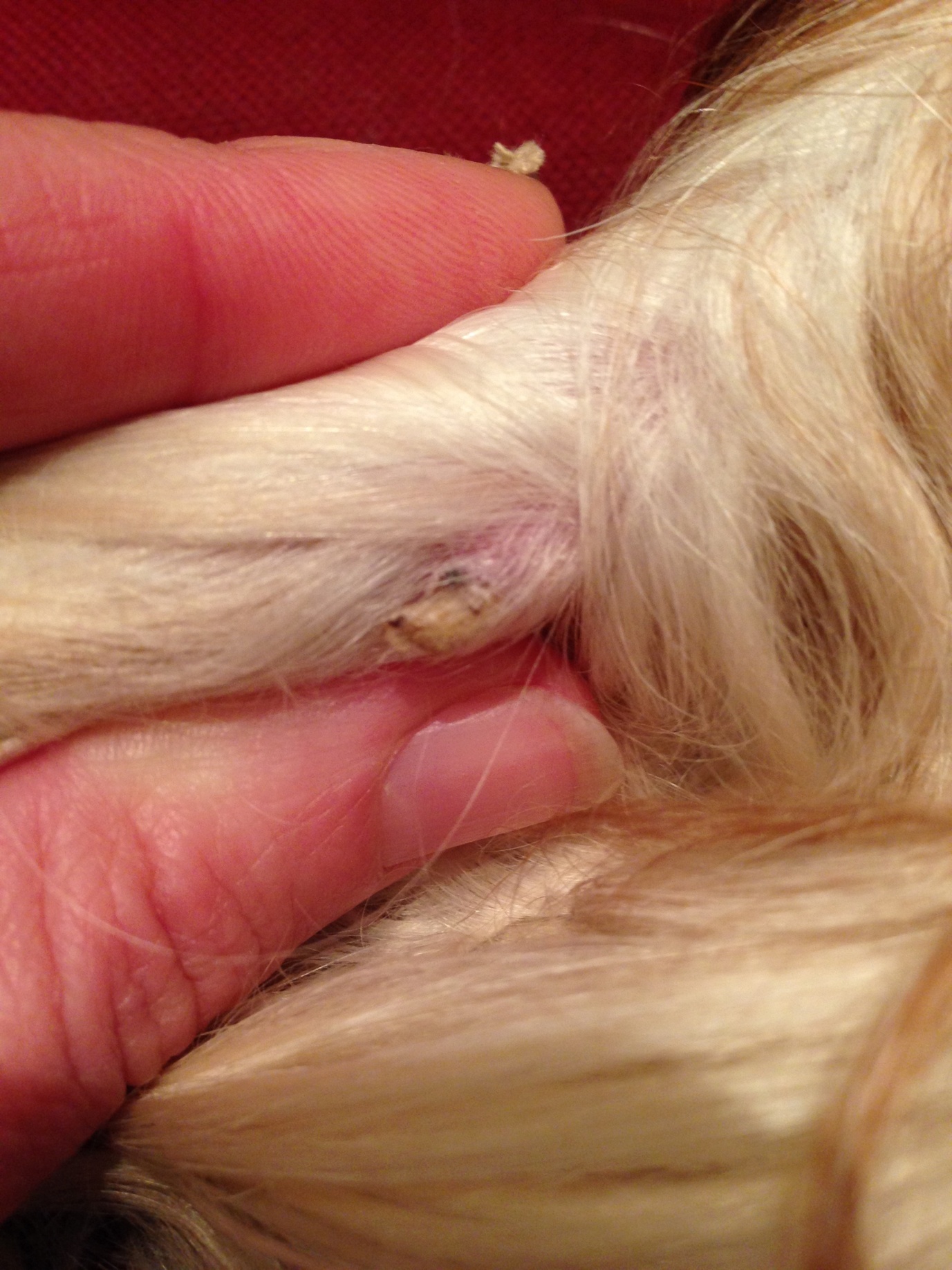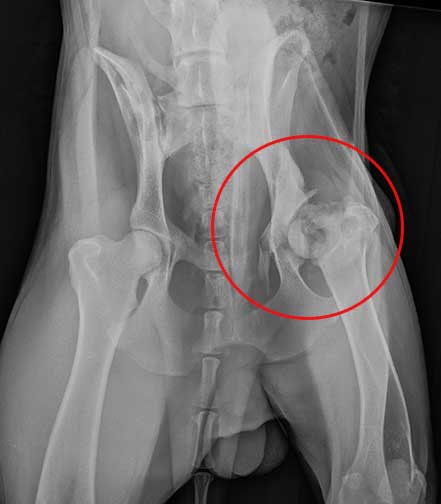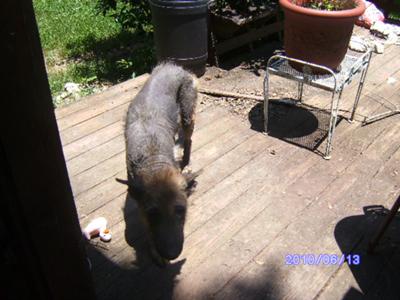Grass allergy in dogs
Grass Allergy In Dogs. The most common grass allergy symptom is itchiness which leads to scratching biting and licking. A dog grass allergy is a bit challenging to test for but the most accurate way to be certain the symptoms are being caused by grass pollen is to have a professional conduct an intradermal allergy test. A dogs symptoms from grass allergies can be anywhere from hardly noticeable to obvious discomfort. Can Dogs Be Allergic to Grass.
 How To Combat Seasonal Allergies In Dogs Dogster From dogster.com
How To Combat Seasonal Allergies In Dogs Dogster From dogster.com
In fact most doggie hypoallergenic shampoos include oatmeal as an active ingredient to soothe and fight. Grass pollen allergy in dogs is fairly common and you would think that since grass pollen is an inhaled allergen the symptoms would be similar to us as humans. Check your furry friend for signs of the following common symptoms. How can I soothe my dogs allergies. Watch for redness hot spots and bare patches from constant scratching licking and biting. If you are suspecting your dog has a grass allergy you should visit your vet for your pups checkup.
At the same time that grass is seeding there are many pollens around and these can also cause your dog to be an itchy dog.
It is usually localized to one or two spots but can spread all over the dogs body. The injections are monitored closely for a. In fact most doggie hypoallergenic shampoos include oatmeal as an active ingredient to soothe and fight. Seasonal grass allergies are most common in the Spring and early Summer when grass pollen is most active. Often feet are the first to be affected becoming red inflamed and itchy. Grass and grass seeds can cause immediate reactions on dogs.
 Source: bbc.com
Source: bbc.com
Unlike human allergy symptoms dogs allergic reactions are primarily topical on the skin. Canines allergic to grass and flora usually develop dermatitis itchy patches of skin. Grass allergies in dogs can cause your pet quite a lot of discomfort. It is usually localized to one or two spots but can spread all over the dogs body. Dogs that are allergic to grass will experience negative reactions to the grass pollen and can show symptoms such as itchy paws and excessive licking.
 Source: topdogturf.co.uk
Source: topdogturf.co.uk
Symptoms of grass allergies in dogs. Dogs that are allergic to grass may also have watery eyes noses and scratchy throats but the symptoms are less pronounced than in humans. The most common grass allergy symptom is itchiness which leads to scratching biting and licking. Moreover grass mites can occasionally bite a dogs skin thus causing a hypersensitivity to the bite. Can Dogs Be Allergic to Grass.
 Source: alldogboots.com
Source: alldogboots.com
In fact most doggie hypoallergenic shampoos include oatmeal as an active ingredient to soothe and fight. However dogs do not suffer as much from runny noses or sneezing but most commonly break out in skin-related reactions. Grass allergies in dogs are caused by pollen which is the powdery yellow material that you see all over everything in the spring and summer. The most common allergy and one of the hardest to get rid of. Unlike human allergy symptoms dogs allergic reactions are primarily topical on the skin.
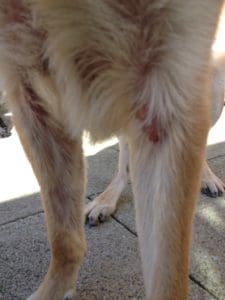 Source: k9cleancoats.co.uk
Source: k9cleancoats.co.uk
It is usually localized to one or two spots but can spread all over the dogs body. Pit Bulls and English Cocker Spaniels are more vulnerable to an allergic reaction to grass but any dog can develop an allergy to pollen. In fact this problem is caused by the seasonal pollen that grass releases when it matures. A dogs symptoms from grass allergies can be anywhere from hardly noticeable to obvious discomfort. At the same time that grass is seeding there are many pollens around and these can also cause your dog to be an itchy dog.
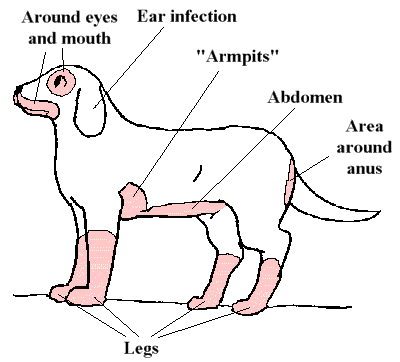
An allergy to grass is a very common seasonal allergy that affects our canine friends. Grass pollen allergy in dogs is fairly common and you would think that since grass pollen is an inhaled allergen the symptoms would be similar to us as humans. Common symptoms of grass allergies include irritated skin either in isolated patches or spread all over a dogs body. Canines allergic to grass and flora usually develop dermatitis itchy patches of skin. A dogs symptoms from grass allergies can be anywhere from hardly noticeable to obvious discomfort.
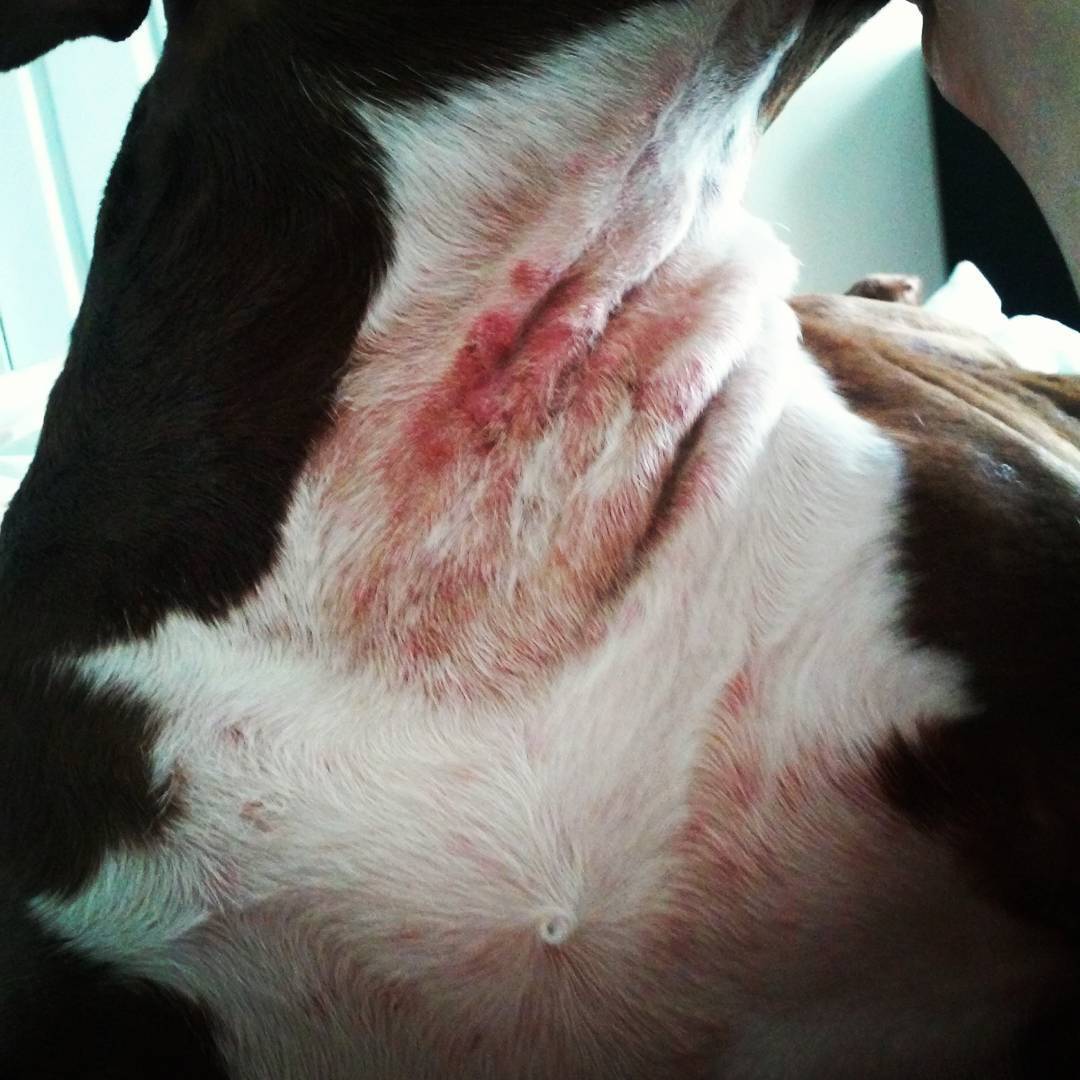 Source: ipupster.com
Source: ipupster.com
Watch for redness hot spots and bare patches from constant scratching licking and biting. This powder is the substance that flowers and grasses put out to be transported from plant to plant by the birds bees or wind. Grass pollen allergy in dogs is fairly common and you would think that since grass pollen is an inhaled allergen the symptoms would be similar to us as humans. It is usually localized to one or two spots but can spread all over the dogs body. The pollen is mostly spread through direct contact with grass though it also can be transferred indirectly from people bringing it in from the outside.
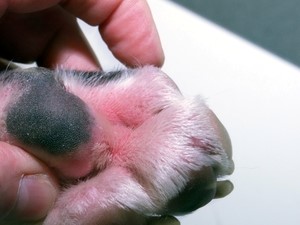 Source: dupontvet.com
Source: dupontvet.com
Red sore and watery eyes. This makes affected dogs extremely itchy especially at the base of the tail and their skin may become red inflamed and scabbed. Diagnosis of Grass Allergies among Dogs. Unlike human allergy symptoms dogs allergic reactions are primarily topical on the skin. Pit Bulls and English Cocker Spaniels are more vulnerable to an allergic reaction to grass but any dog can develop an allergy to pollen.
 Source: autoconnective.in
Source: autoconnective.in
Can Dogs Be Allergic to Grass. The pollen is mostly spread through direct contact with grass though it also can be transferred indirectly from people bringing it in from the outside. It is usually localized to one or two spots but can spread all over the dogs body. Yes your dog can be allergic to grass. Often feet are the first to be affected becoming red inflamed and itchy.
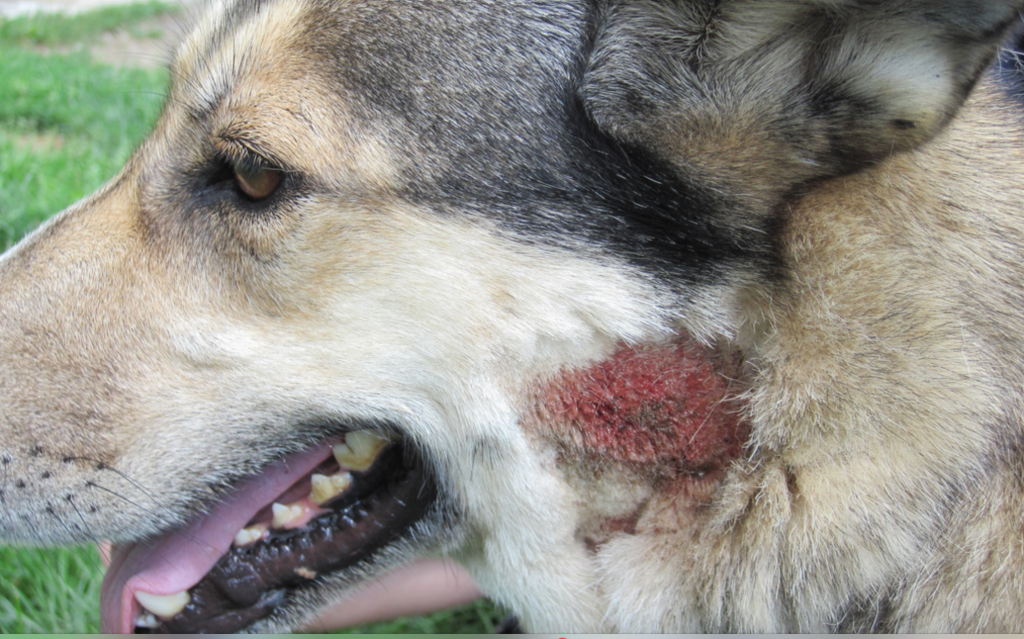 Source: rover.com
Source: rover.com
Often feet are the first to be affected becoming red inflamed and itchy. Red sore and watery eyes. You may also notice signs of. Symptoms of grass allergies in dogs. Can Dogs Be Allergic to Grass.
 Source: researchgate.net
Source: researchgate.net
Oatmeal is an age-old remedy for our dry itchy skin that happens to be safe for use on our canine friends too. Grass Allergy Symptoms in Dogs. At the same time that grass is seeding there are many pollens around and these can also cause your dog to be an itchy dog. The most common allergy and one of the hardest to get rid of. Grass allergies in dogs are caused by pollen which is the powdery yellow material that you see all over everything in the spring and summer.
 Source: dogster.com
Source: dogster.com
In fact most doggie hypoallergenic shampoos include oatmeal as an active ingredient to soothe and fight. Symptoms of grass allergies in dogs. This powder is the substance that flowers and grasses put out to be transported from plant to plant by the birds bees or wind. A dog grass allergy is a bit challenging to test for but the most accurate way to be certain the symptoms are being caused by grass pollen is to have a professional conduct an intradermal allergy test. The most common grass allergy symptom is itchiness which leads to scratching biting and licking.
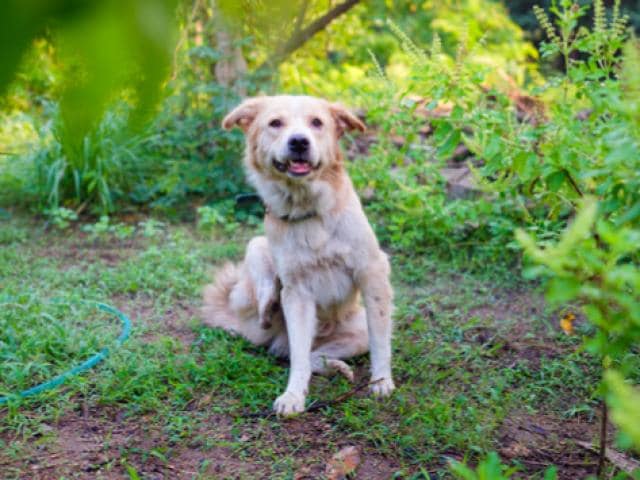 Source: petmd.com
Source: petmd.com
The pollen is mostly spread through direct contact with grass though it also can be transferred indirectly from people bringing it in from the outside. Often feet are the first to be affected becoming red inflamed and itchy. Symptoms of grass allergies in dogs. Similar to people a dog with grass allergies may have watery eyes runny noses and scratchy throats. Grass allergies in dogs are caused by pollen which is the powdery yellow material that you see all over everything in the spring and summer.
If you find this site good, please support us by sharing this posts to your own social media accounts like Facebook, Instagram and so on or you can also save this blog page with the title grass allergy in dogs by using Ctrl + D for devices a laptop with a Windows operating system or Command + D for laptops with an Apple operating system. If you use a smartphone, you can also use the drawer menu of the browser you are using. Whether it’s a Windows, Mac, iOS or Android operating system, you will still be able to bookmark this website.


